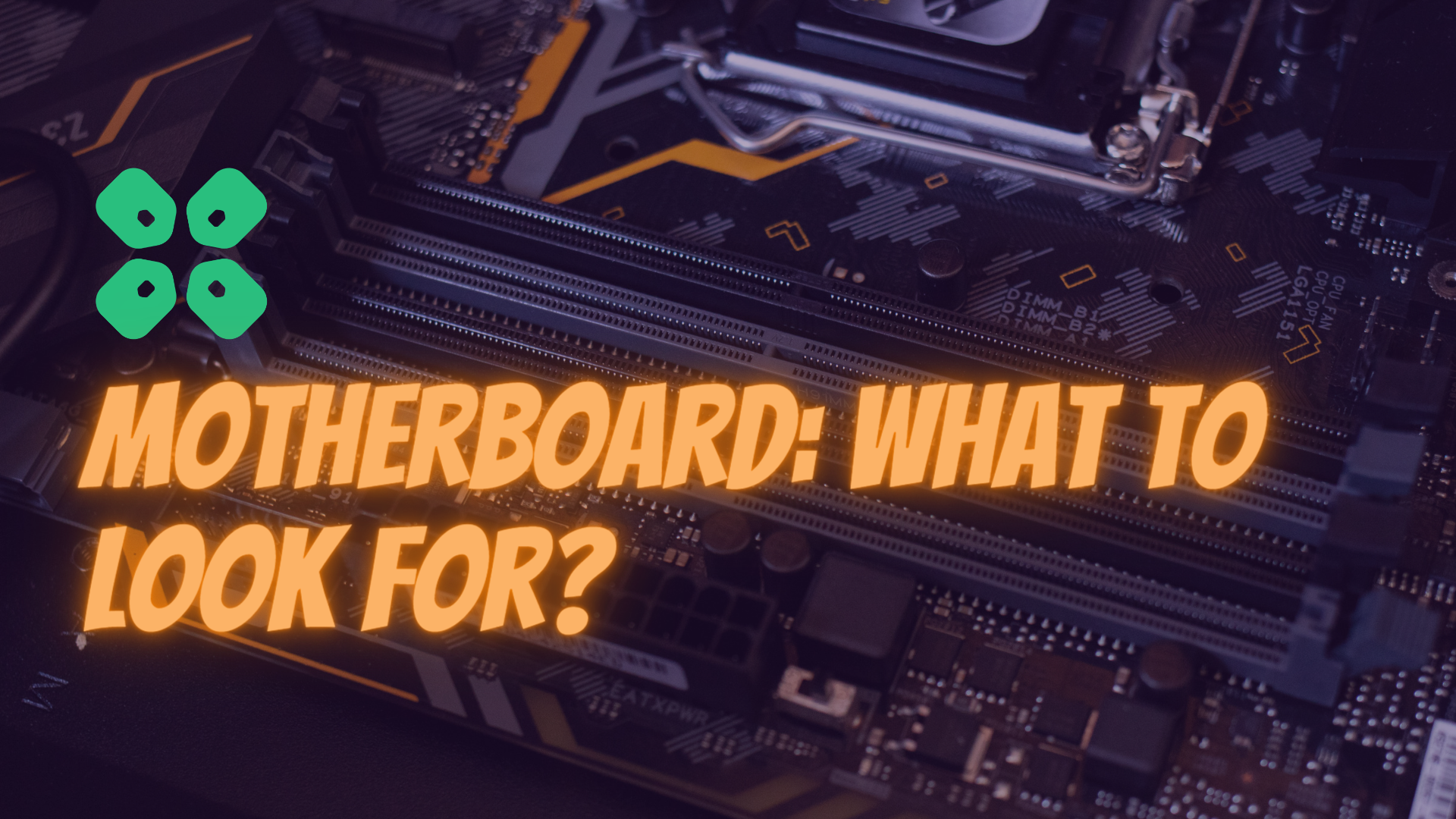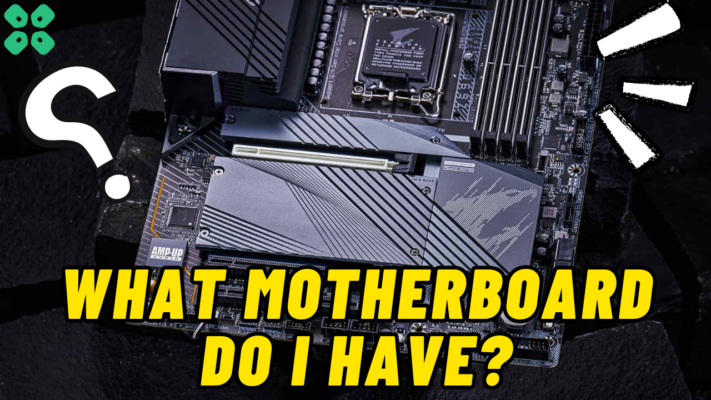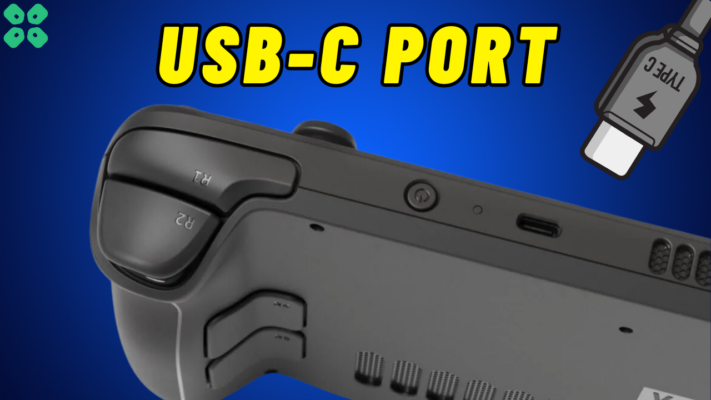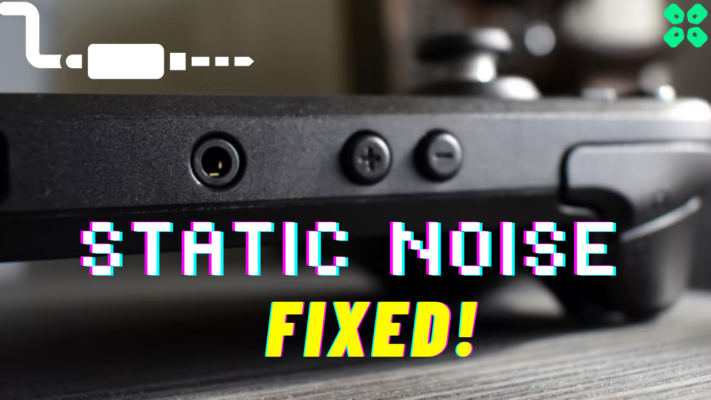Building a high-performance PC can be a thrilling experience. It allows you to create a machine that is tailored to your needs and can handle any task you throw at it. But building a powerful PC isn’t just about choosing the fastest CPU, the best graphics card, or the most RAM.
One of the most critical components of a high-performance PC is the right motherboard.
Your motherboard is the backbone of your computer build. It connects all the different components of your PC, allowing them to communicate with each other and work together seamlessly. Without a good motherboard, your PC could suffer from a host of issues, including performance bottlenecks, stability issues, and even hardware failure.

In this article, we’ll take a closer look at the importance of choosing a good motherboard for your high-performance PC build. We’ll discuss the various factors you should consider when selecting a motherboard, the different types of motherboards available, and how to find the right motherboard for your specific needs.
Why Choosing the Right Motherboard is So Important?

Earlier we mentioned, the motherboard is the backbone of your PC build. It’s the foundation on which you’ll build your high-performance machine, and it’s the component that will determine how well all the other parts of your build work together.
One of the most significant advantages of choosing a high-quality motherboard is that it can help prevent performance bottlenecks. A bottleneck occurs when one component of your PC is slower than the rest of the system, causing a decrease in performance. With a good motherboard, you can ensure that all the components of your PC are working together at their full potential, without any bottlenecks.
Another crucial factor to consider when choosing a motherboard is stability. A good motherboard will provide stable power delivery to your other components, which is essential for preventing crashes, system freezes, and other stability issues. When you’re pushing your PC to its limits, you don’t want to worry about stability issues that could cause you to lose progress on a project or game.
Finally, choosing the right motherboard is critical for ensuring that your hardware lasts as long as possible. A high-quality motherboard will be made with better materials and components, which will help prevent hardware failures, and extend the lifespan of your PC.
What to Consider When Choosing a Motherboard:
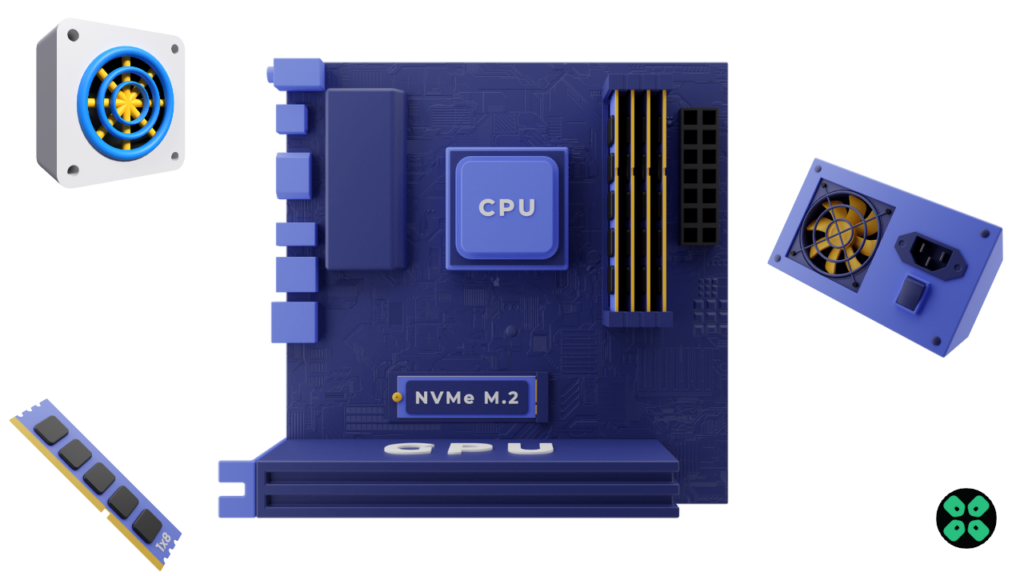
Now that we’ve established why a good motherboard is so important, let’s take a closer look at the different factors you should consider when choosing a motherboard for your high-performance PC build.
1. Compatibility:
The first and most crucial factor to consider when choosing a motherboard is compatibility. Not all motherboards are compatible with all CPUs, graphics cards, RAM, or other components. Before you start shopping for a motherboard, you’ll need to know what CPU and other components you plan to use. That way, you can find a motherboard that is compatible with all your other components.
2. Size:
Motherboards come in different sizes, with the most common being ATX, micro-ATX, and mini-ITX. The size of your motherboard will impact the size of your PC case and the number of expansion slots you have available. If you plan to use multiple graphics cards or other expansion cards, you’ll want to choose a larger motherboard to ensure that you have enough space.
3. Chipset:
The chipset is the component on the motherboard that controls the communication between the CPU and other components. Different chipsets offer different features and performance levels. For example, a high-end chipset like the Intel Z590 will offer more features and better performance than a budget chipset like the Intel H410.
4. VRM Quality:
The voltage regulator module (VRM) on your motherboard is responsible for providing power to your CPU. A high-quality VRM will provide stable and consistent power to your CPU, which is essential for maintaining high performance and preventing damage. A low-quality VRM can lead to issues such as thermal throttling, which will limit the performance of your CPU.
The quality of the VRM is directly related to the quality of the motherboard itself. Motherboards with high-end VRMs typically use higher-quality components, which increases their cost. However, if you are building a high-performance PC, investing in a high-quality motherboard with a good VRM is definitely worth it.
5. Expansion Slots:
Another important factor to consider when choosing a motherboard is the number and type of expansion slots it has. Expansion slots allow you to add additional components to your system, such as a graphics card, sound card, or network adapter.
The most common expansion slot is the PCIe (PCI Express) slot, which is used for graphics cards, sound cards, and network adapters. The number of PCIe slots and their configuration can vary significantly between motherboards. For example, some motherboards may have one PCIe x16 slot for a graphics card and several PCIe x1 slots for other components, while others may have multiple PCIe x16 slots for multiple graphics cards.
Other expansion slots to consider include M.2 slots for SSDs, SATA ports for hard drives and optical drives, and USB headers for front-panel USB ports.
6. Cooling:
Finally, cooling is an essential aspect to consider when building a high-performance PC. High-performance components generate a lot of heat, and it is essential to have adequate cooling to prevent damage and maintain high performance.
Motherboards typically come with a variety of cooling features, including heatsinks on the VRM and chipset, and support for additional case fans and liquid cooling. The quality of the cooling features can vary significantly between motherboards, so it is important to choose one that offers adequate cooling for your specific components.
Rundown
When building a high-performance PC, it is essential not to skimp on your motherboard. The motherboard is the foundation of your system, and it plays a critical role in determining the overall performance and stability of your PC.
When choosing a motherboard, you should consider factors such as the chipset, the number and type of expansion slots, the quality of the VRM, and the cooling features. By investing in a high-quality motherboard, you can ensure that your high-performance PC will provide the speed and stability you need for years to come.

